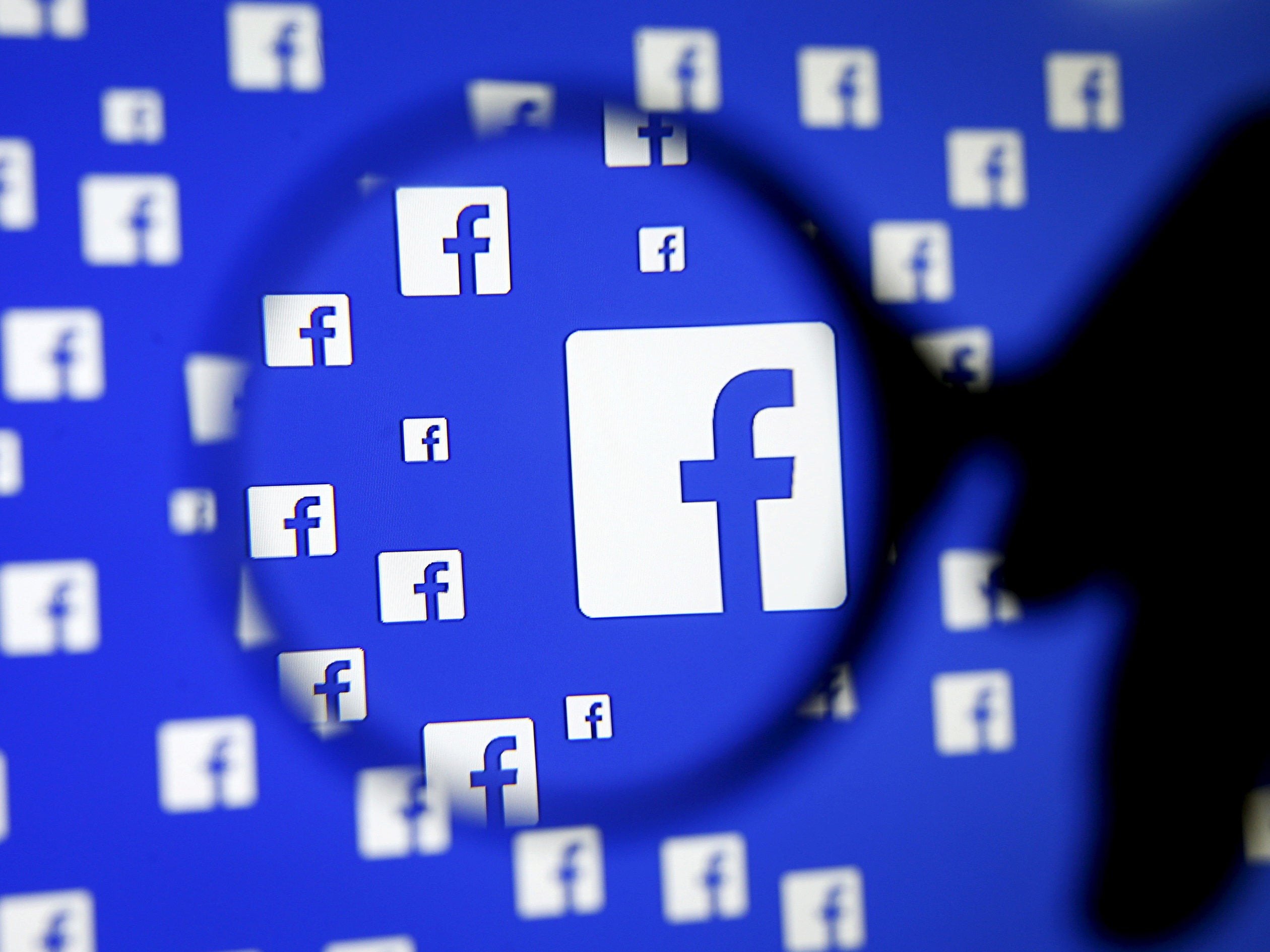
Facebook says it is a different company to the one described by a former executive as ripping apart society.
Former vice president for user growth Chamath Palihapitiya said he feels tremendous guilt over the creation of the site, adding: “We have created tools that are ripping apart the social fabric of how society works”.
He said social media was leaving users “vacant and empty”.
But Facebook has dismissed Palihapitiya’s description as one of a company that no longer exists.
“Chamath has not been at Facebook for over six years,” a spokesperson for the social media giant said.
“When Chamath was at Facebook we were focused on building new social media experiences and growing Facebook around the world.
“Facebook was a very different company back then and as we have grown we have realised how our responsibilities have grown too. We take our role very seriously and we are working hard to improve.
“We’ve done a lot of work and research with outside experts and academics to understand the effects of our service on well-being, and we’re using it to inform our product development.
“We are also making significant investments more in people, technology and processes, and – as Mark Zuckerberg said on the last earnings call – we are willing to reduce our profitability to make sure the right investments are made.”
Palihapitiya, who was speaking at a Stanford Graduate School of Business event, urged people to take a “hard break from some of these tools”.
The 41-year-old added: “The short-term, dopamine-driven feedback loops we’ve created are destroying how society works.
“No civil discourse, no cooperation; misinformation, mistruth. And it’s not an American problem – this is not about Russians ads. This is a global problem.
“We are in a really bad state of affairs right now.”
Palihapitiya, whose comments were made in November but have only recently been reported, did also say that the company “overwhelmingly does positive good in the world”.
He said: “We curate our lives around this perceived sense of perfection because we get rewarded in these short-term signals – hearts, likes, thumbs up. And we conflate that with value and we conflate that with truth.
“Instead, what it is is fake brittle popularity.”
Picture: Reuters/Dado Ruvic/Illustration/File Photo
Email pged@pressgazette.co.uk to point out mistakes, provide story tips or send in a letter for publication on our "Letters Page" blog
